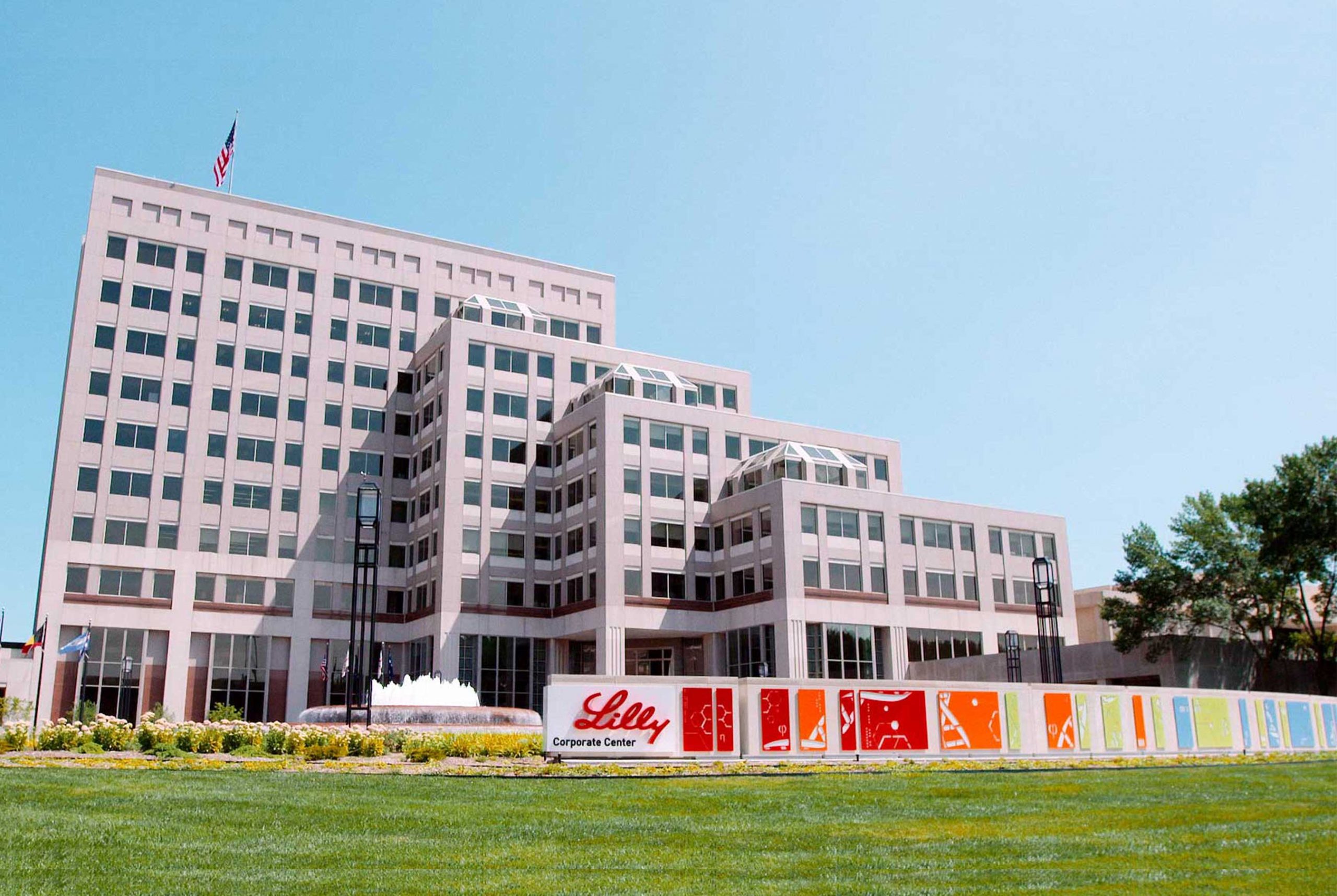Lilly shrugs off Alzheimer's flop with diabetes growth

Last year may have ended with disappointment for Eli Lilly with the late stage failure of Alzheimer’s drug solanezumab – but new CEO David Ricks will be encouraged by healthy Q4 results driven by its diabetes drugs.
Lilly’s big-selling insulin, Humalog showed a 3% increase in sales from last year’s Q4, bringing in revenues of almost $820 million.
And in a group of more recently-launched drugs, Trulicity generated sales of $337 million after only two years on the market.
Its other big diabetes hopeful, Jardiance, the first diabetes drug to also demonstrate a cardiac safety benefit in trials, created revenues of $76.1 million as part of a partnership with Boehringer Ingelheim.
All this helped to offset the continued impact of generic competition for its older drugs, such as cancer drug Alimta and depression drug, Cymbalta.
Revenues rose 7.2% to $5.76 billion, beating analysts’ average estimate of $5.55 billion.
Ricks told investors in a conference call that Lilly is to axe the late-stage EXPEDITION PRO trial of solanezumab, in patients whose symptoms are just beginning to appear.
Ricks said: “We did not find sufficient scientific evidence to support the hypothesis that solanezumab would demonstrate a meaningful benefit to patients with prodromal Alzheimer’s disease.”

Eli Lilly CEO David Ricks
But Lilly will continue with two public-private partnership studies in earlier stages of AD, said Ricks.
However Lilly has no plans to file the drug after the failure of the EXPEDITION 3 trial late last year.
Lilly is also waiting on a decision by the FDA on its baricitinib in rheumatoid arthritis – a potential blockbuster.
The FDA was due to make a decision on baricitinib last month, but delayed this by three months after asking for further substantial information from Lilly.
Baricitinib is likely be approved in the EU in the coming weeks after regulators backed it late last year.












